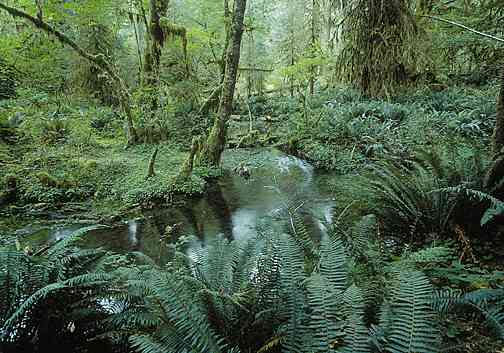Phylum: Proteobacteria
Class: Alpha Proteobacteria
Order: Rhizobiales
Family: Rhizobiaceae
Genus: Agrobacterium
Agrobacterium Tumefaciens, a soil borne pathogen, is a gram negative, motile, rod shaped bacterium responsible for creating plant tumors called Crown Galls disease that affects all species of plants. They are soft, white protrusions found at the base of a plant stem that creates a swelling or separate mass of plant tissue.
Although Agrobacterium Tumefaciens creates diseases in plants, it is also known as a useful gene, as it can be used as a delivery system by carrying and insterting genes into targeted plant DNAs with extremely high success. It is one of the major methods of choice for transforming plant cells, that many biologists are still depending on today. This bacterium requires a wounded to become attached, and cool temperatures to survive, but not temperatures that are as cold as the winters, for then it could not. It also needs a specific mechanism to enable it to determine if a plant is suitable for infection or not.
Plants are more susceptible to extreme environmental conditions, such as a major decrease in temperature and high winds, when infected with Agrobacterium Tumefaciens. These climate changes can effect the plants by causing them to become wounded, which is the only way the bacterium can enter. Therefore, these changes have a negative impact on the plants but a positive impact on the Agrobacterium Tumefaciens. Although, depending on the speed of the winds or how much the temperature did in fact decrease, Agrobacterium Tumefaciens can be effected by having no plants to attach to. This would mean no more acts of transferring DNA to other plants. Biologists highly depend on this organism as their major mechanism, because it does not require movement and integration of DNA.
If the plants were destroyed, everything would be affected. The rain forest would not have its famous population of many varieties of plants, and it would not b much of a forest anymore. Preserving this Agrobacterium Tumefaciens species is imprtant because without it, many studies and conclusions about plants and their DNA would not be performed or made, but lost.
Abby Leake


No comments:
Post a Comment